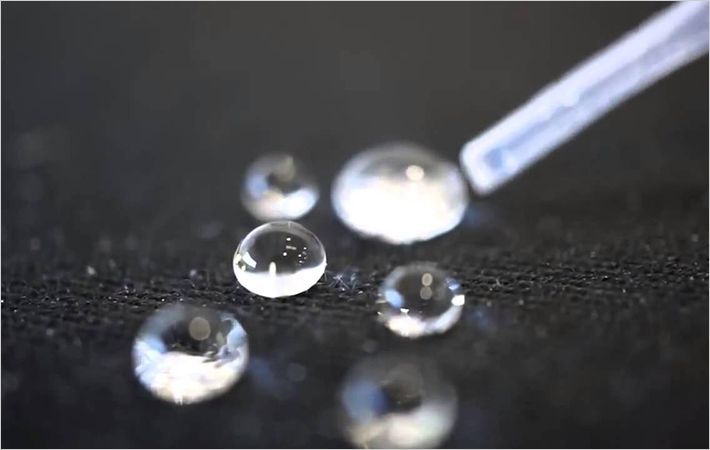Teijin Fibers Limited announced today it will commence full-scale sales on December 19 of a digital smart shelf-management system incorporating CELL FORM, Teijin's two-dimensional data-communication sheet, UHF radio frequency identification (RFID) reader and compatible tags.
CELL FORM enables a secure connection to read the RFID identification tag via electromagnetic waves on an ultra-thin, flat smart sheet that is placed on top of shelves. The system uses the UHF band because of its superior characteristics for long-range signal detection between the sheet and the RFID tags. As a result, the system's two wireless technologies ensure stable communication over both short and long read ranges.Teijin Fibers Limited announced today it will commence full-scale sales on December 19 of a digital smart shelf-management system incorporating CELL FORM, Teijin's two-dimensional data-communication #
RFID is a technology for transmitting data via radio signals to and from a contactless IC chip. Applications include the identification and management of merchandise fitted with RFID tags, which send signals via the UHF band. CELL FORM smart sheets placed on each shelf detect the signal of each identification tag on the merchandise item and transmit information about the items from the smart sheet, making CELL FORM ideal for a variety of real-time inventory-management and security applications, including library books, medicines in retail stores, business documents and much more.
Teijin's shelf-management system comprises up to eight antenna-equipped CELL FORM smart sheets; a read/write module supplied by Convergence Systems Limited (CSL) of Hong Kong; software; and 400 RFID IC tags.
The system is already used in a university library and an educational resource information center in Japan. Teijin Fibers is now developing a global market for the system together with CSL, as an overseas partner, and local system integrators.
CELL FORM employs an entirely new technology that confines electromagnetic waves to a cell within and around the smart sheet. The communication technology, called @CELL, was developed by Cellcross Co., Ltd., a spin-off venture company of the University of Tokyo. Teijin Fibers, an equity partner in the company, contributes specialized materials and manufacturing know-how for product development initiatives.
As a microwave signal is transmitted through the sheet, a shorter wavelength signal wave seeps from the surface into the top surface of the smart sheet. Known as an evanescent wave because it is not dispersed widely, this highly localized signal helps to prevent signal theft and a controlled radio frequency field. The evanescent wave, which is the point of interface with external signals such as those from an RFID tag, enables a secure, high-speed, low-power connection between the tag, smart sheet and computer.
Conventional one-dimensional communication transmits information through wires, which offers high security but requires complicated wiring, whereas three-dimensional communication uses wireless signals for mobile communication, which poses security risks and occasional problems with interference because the signals are transmitted through open space.
About the Teijin Group
Based in Tokyo and Osaka, Japan, Teijin is a global technology-driven group operating in eight main fields: aramid fibers, carbon fibers & composites, polyester fibers, plastics, films, medical & pharmaceuticals, fiber products marketing and IT businesses. Teijin Limited, the holding company for the Teijin Group, is listed on the Tokyo and Osaka stock exchanges. The group, comprising 150 companies and 17,542 employees worldwide, had consolidated sales of JPY 815.7 billion (USD 10.6 billion) and total assets of JPY 761.5 billion (USD 9.9 billion) in the fiscal year ending March 31, 2011.
Teijin Fibers Limited

